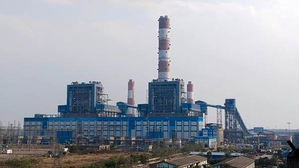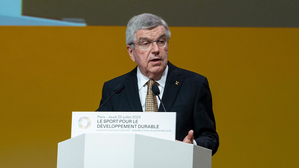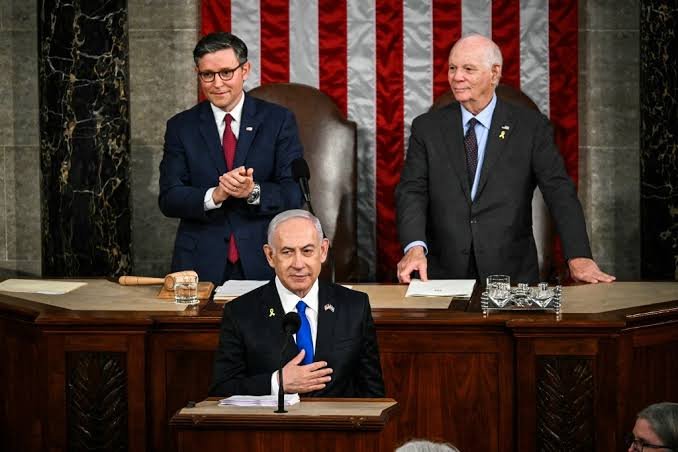Author: HANI HAZAIMEHWed, 2017-03-29 17:59ID: 1490788976406033100
THE DEAD SEA, Jordan: Divisions in the Arab world have opened the door to foreign intervention and manipulation which breeds instability, sectarian strife and terrorism, UN Secretary-General Antonio Guterres said Wednesday at the Arab Summit in Jordan.
“I appeal to your leadership in shaping a new Arab world able to address and solve, by itself, differences through dialogue and cooperation. At this time of transition and upheaval, unity will be critical,” Guterres said as he addressed a room full of Arab leaders at the 28th such summit.
He added that the UN is ready to work with the Arab region and stressed that the priorities he has outlined for his time in office have direct relevance to the Middle East, from promoting peace to advancing inclusive and sustainable development.
“But that must not distract us from seeking to heal the longest open wound in the region — the plight of the Palestinian people. For far too long, the international community has failed to provide the avenues and support for a just and lasting solution to the question of Palestine,” he said.
“I understand the deep sense of despair of the Palestinian people. The dreams of generation after generation have been confined by the parameters of conflict, humiliation and half-a-century of occupation,” he said, stressing his view that the two-state solution is the only way to end the decades-long conflict between the Palestinians and the Israelis.
“The two-state solution is the only path to ensure that Palestinians and Israelis can realize their national aspirations and live in peace, security and dignity. There is no Plan B,” he said, calling for an immediate halt of all unilateral actions that could undermine the two-state solution. He also emphasized the need to stop settlement activities, which are illegal under international law.
“It is also important to condemn terrorism and to avoid incitement,” Guterres said, stressing that “the Palestinians and Israelis do not need conflict management, they need conflict resolution.”
He added that conflict and displacement are widespread across the region, saying that the world’s Arab and Muslim communities face growing prejudice.
“Too many people have fallen into the trap of presenting the despicable acts of Daesh or Al-Qaeda as driven by Islam when in fact they utterly defy the faith. Indeed, Muslims themselves are the primary victims,” the UN secretary-general said, adding that too many populist political leaders distort Islam to spread anti-Muslim hatred, playing into the hands of terrorist and extremist groups.
“My experience as high commissioner for refugees showed me the true nature of Islam, as Arab countries extended remarkable hospitality to wave upon wave of people fleeing violence and persecution. Refugee protection is deeply rooted in the traditions of the Arabian Peninsula — refugee protection defined not only for Muslims but for all,” said the UN official.
“There is nothing in present-day international refugee law that was not reflected in the Holy Qur’an or the Hadith of the Prophet (peace be upon him),” Guterres said, adding that this same spirit is highly needed at this critical juncture for the region’s diverse people.
He expressed dismay and disappointment that some developed countries opted to close their borders to refugees fleeing this region and lamented that some used religion as a reason to keep them out.
On Syria, Guterres said it is time to end the years-long violence and fighting and expressed hope that the Astana process would manage to achieve an effective ceasefire.
“We will do everything we can to enable the Geneva-based political talks to lead to genuine negotiations. By now it should be clear to all involved that while fighting terrorism is essential, any success will prove ephemeral without a political solution that allows the Syrian people to freely decide their own fate,” he said.
Regarding the fight against terrorism, the UN official said the UN welcomes the progress in retaking territories from Daesh, including Mosul.
“We are ready to cooperate with [Iraqi] Prime Minister Al Abadi and all Iraqi leaders towards a truly inclusive and nonsectarian system of governance in which all communities feel represented, respected and safe. I also strongly believe that if we all work together, 2017 can see Yemen and Libya coming out of the vicious cycle of violence and conflict,” he said.
He said that each of these conflicts has created tremendous suffering, displaced millions of people, unsettled an entire region and contributed to a new threat of global terrorism.
Main category: Middle-EastTags: 28th Arab SummitAntonio GuterresArab WorldUNrefugeesrelated_nodes: Arab leaders seek common ground on Palestinian stateArab summit to endorse Palestinian positions with eye on USArab FMs reject unilateral steps that ‘jeopardize legal status of Jerusalem’








